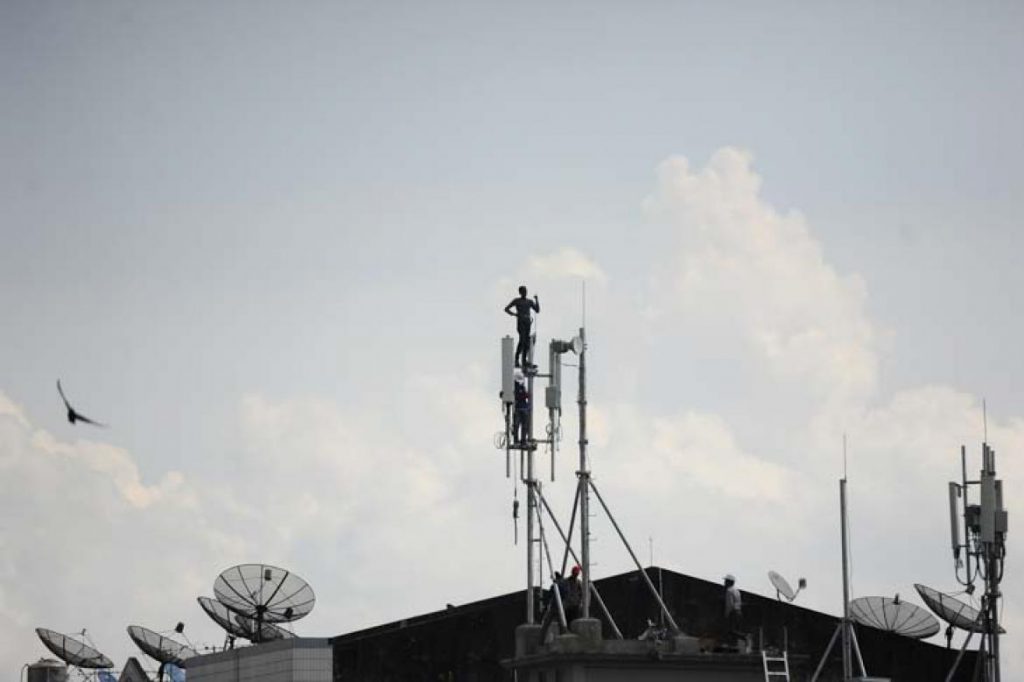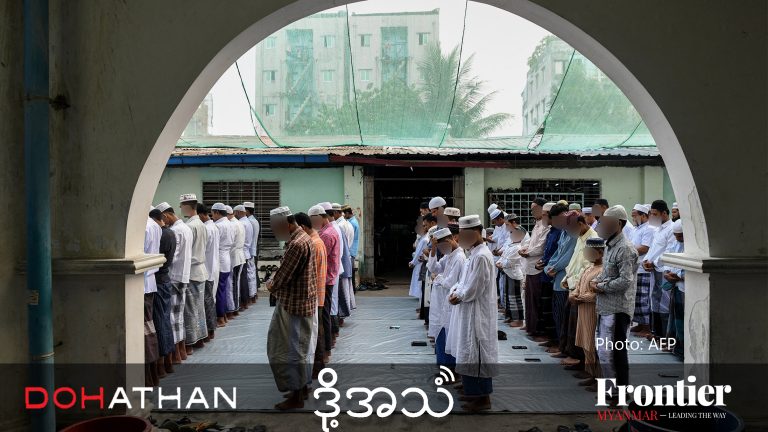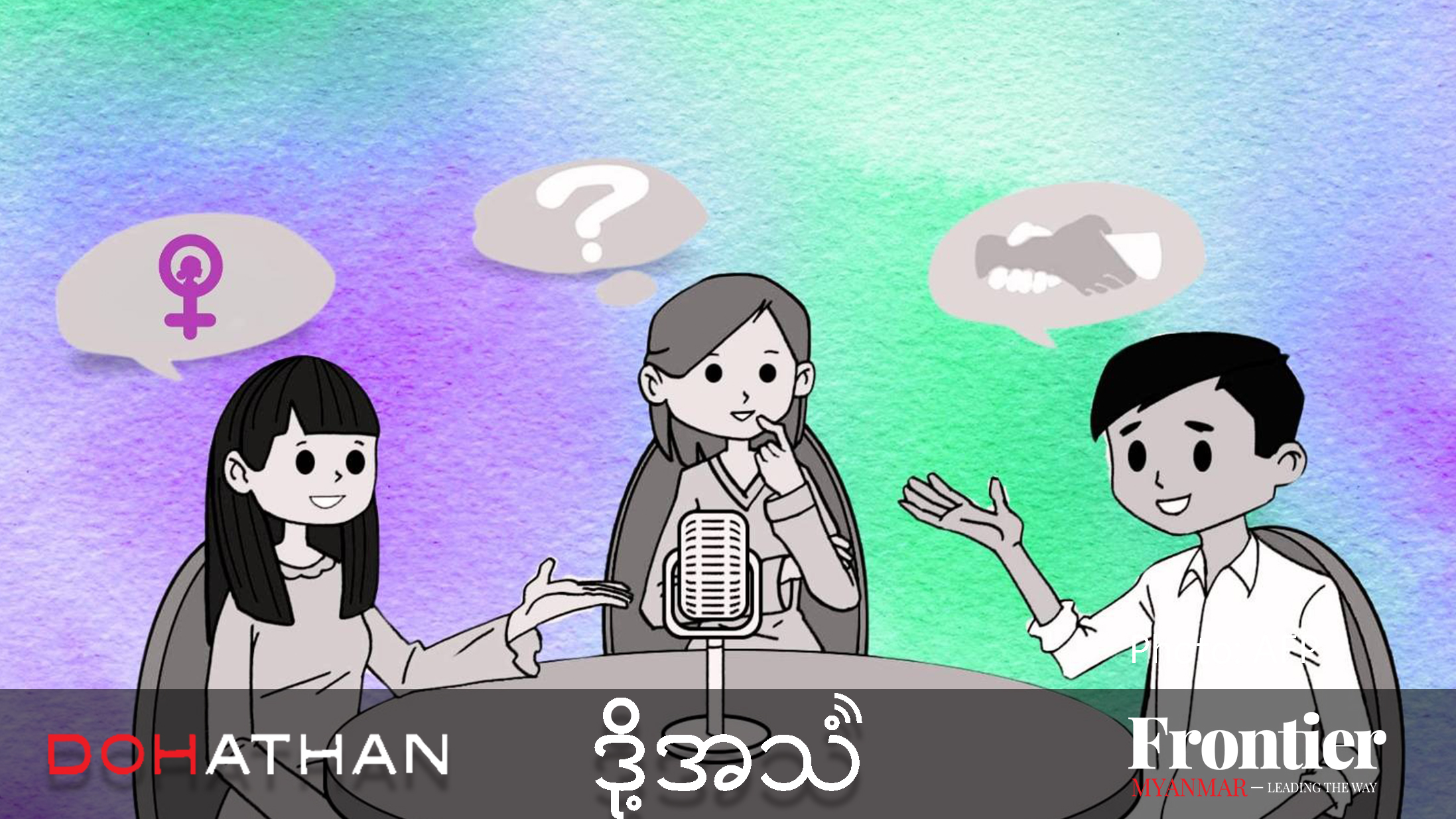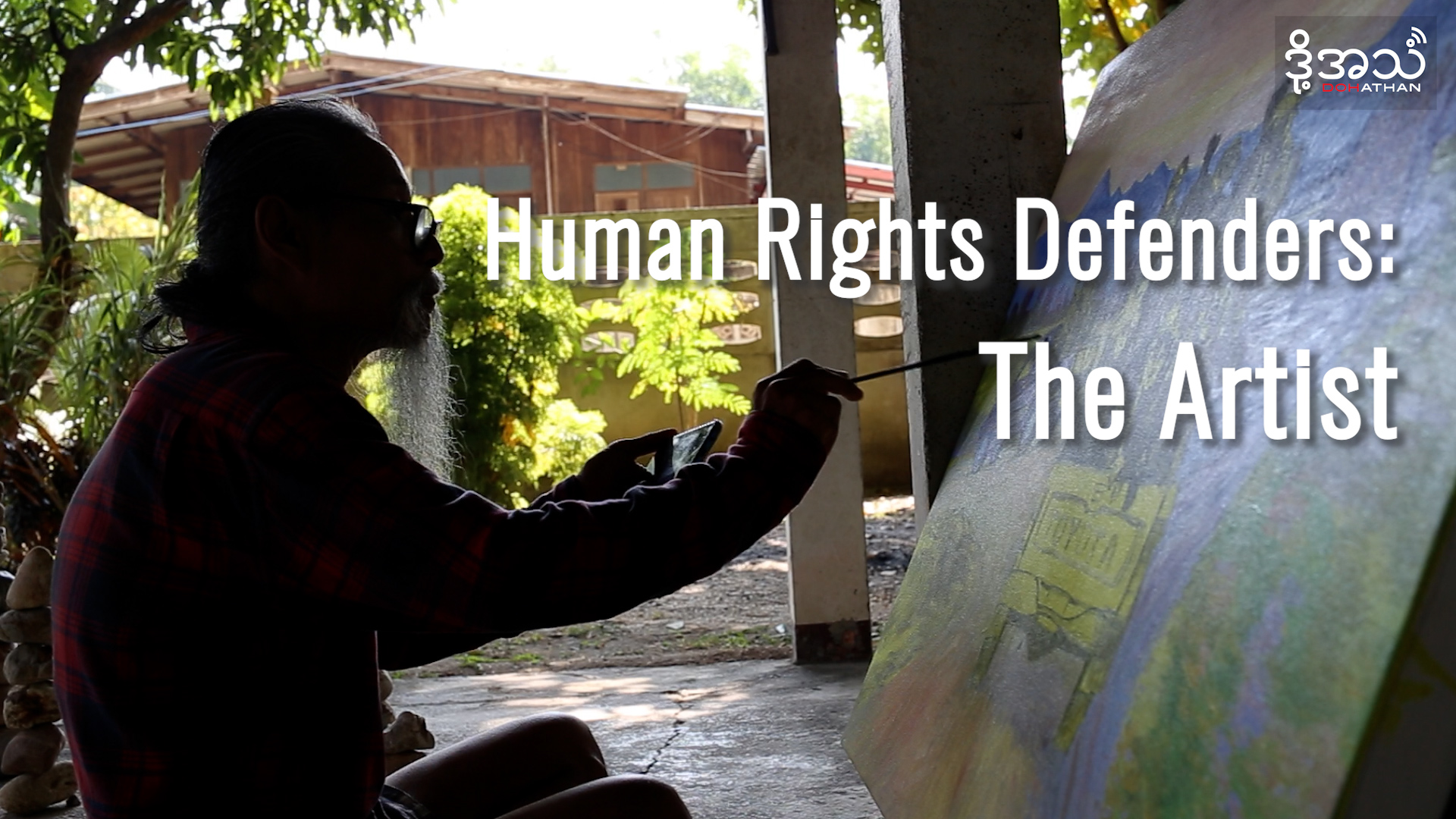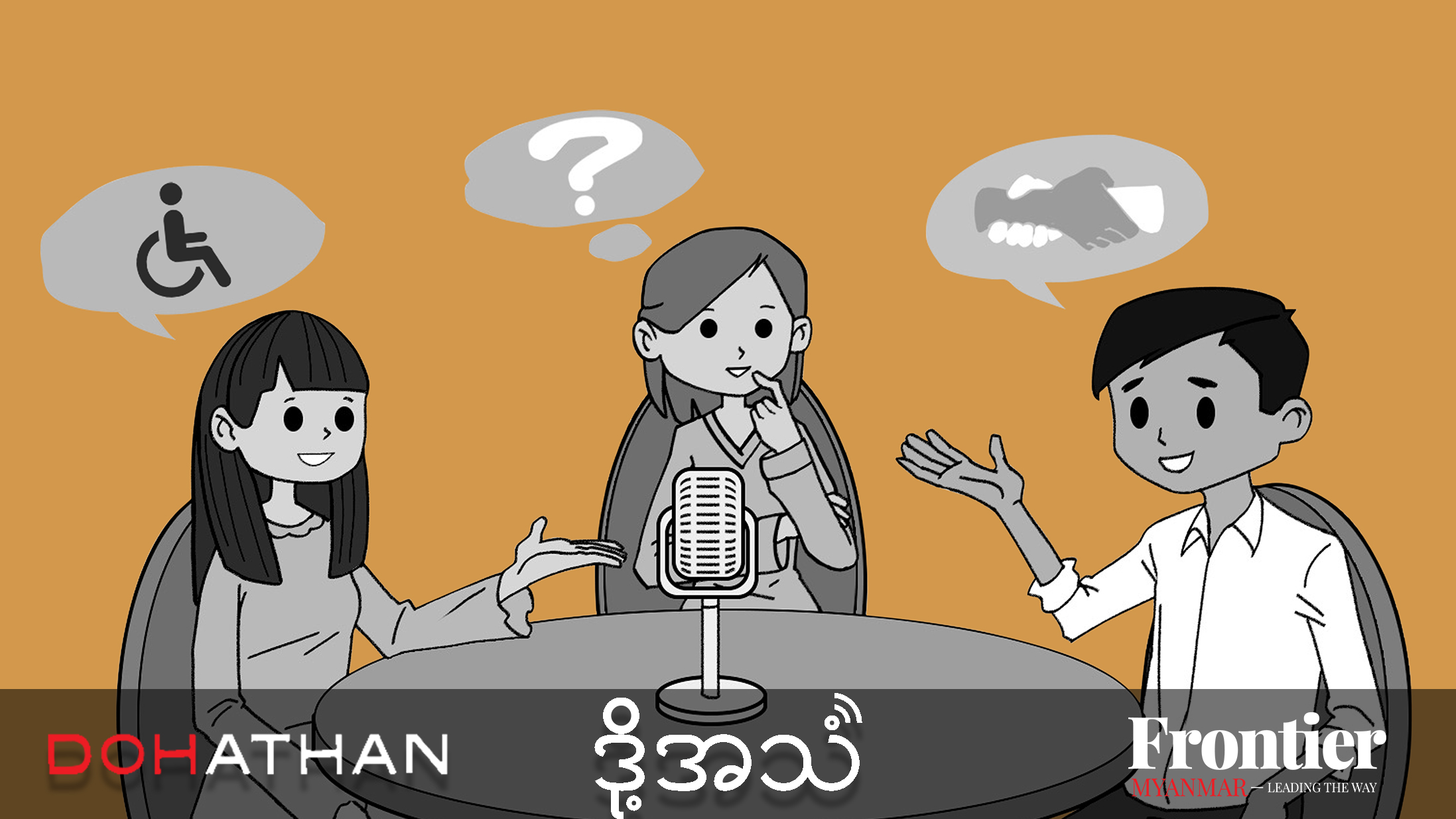A new report says IT growth in Myanmar must come in line with measures to protect human rights in the industry.
As Myanmar’s IT industry attracts record levels of investment and its citizens become increasingly better connected, a report has raised concern about human rights abuses in the sector.
The joint venture between state-owned Myanmar Posts and Telecommunications and Japan’s KDDI, and the rollout by international players Ooredoo and Telenor, have given record numbers of consumers access to mobile phones and faster internet connections.
In 2012, Myanmar’s mobile phone penetration rate, at less than 10 percent, was one of the lowest in the world. Two years later, a third of the country’s 53 million people had access to a mobile phone, showed data from the 2014 census.
In its Myanmar ICT Sector-Wide Impact Assessment, the Myanmar Centre for Responsible Business warns of the risk of human rights threats from the rapid increase in the use of mobile phones, the internet and other information technology.
“ICT is an area with interesting human rights impacts and is a major source of foreign investment into Myanmar,” Vicky Bowman, the centre’s director, told Frontier. “There are companies coming in and starting up who we are trying to influence to get them to respect human rights from day one.”
Research by the centre found that 88 percent of the online hate speech it surveyed contained language involved Muslims and 38 percent of the sample urged discrimination, hostility or the killing of Muslims. The posts receiving the most attention were made by politicians or religious leaders.
Support more independent journalism like this. Sign up to be a Frontier member.
“It is also an area where the government is handling a sudden increase in investment, so we want to raise awareness about international standards and give them analysis of where their current laws have gaps relating to human rights,” Ms Bowman.
The report, released on September 24, highlighted concerns about such issues as data privacy, cybercrime, cyber bullying and hate speech as well “offline” labour rights concerns linked to building telecommunications towers and laying fibre optic cables.
One of the most high-profile negative effects of increased connectivity has been the rise of online hate speech, especially on social media platforms such as Facebook.
Much of the online anti-Muslim rhetoric began after the communal violence in Rakhine State in 2012. In July 2014, rumours posted online that a Buddhist woman had been raped by two Muslim brothers in Mandalay triggered rioting which left two men dead. One of the rumours was re-posed by the controversial monk, the Venerable U Wirathu. A police investigation led to the revelation that a woman had been paid to fabricate the rape claim and resulted in five people being sentenced to prison for 21 years.
Although women and members of the lesbian, gay, bisexual and transgender community have been targets of online hate speech, the centre’s report found that it mainly targeted Muslims. Research by the centre found that 88 percent of the online hate speech it surveyed contained language involved Muslims and 38 percent of the sample urged discrimination, hostility or the killing of Muslims. The posts receiving the most attention were made by politicians or religious leaders.
The report called on the government and all political parties to condemn incitements of violence and hate speech, particularly ahead of the November election, when an increase in hate speech is possible.
With just over a month before the election, the report also highlighted unlawful online surveillance by the government.
Myanmar’s legal framework offers little protection to prevent the pervasive surveillance common under the previous military government, the report found.
“It is a gap here in the legal framework that telecoms companies are concerned about,” said Ms Bowman. “Currently, if they receive a request from the police to provide data on mobile phone use because a crime has been committed, there’s no actual legal framework for it,” she said.
She added that the centre proposed a law that reflects some basic principles, such as ensuring that a serious crime has been committed before surveillance is permitted, and to give a “right of remedy” to those being monitored.
Ms Bowman said the MCRB is holding talks with the Ministry of Communications and Information Technology over the issue. The ministry had responded positively to the centre’s suggestions, but added that the responsibility for amending laws on surveillance lay with the Ministry of Home Affairs.
Another concern raised in the report was the need to protect the rights of workers building telecommunications towers and laying fibre optic cables throughout the country.
Research by the centre found cases of workers being forced to dig cable trenches because they owed debts to “the group leader”. It said this situation often arose when farmers doing casual work asked for advances on their wages during the rainy season when incomes were low until the next harvest.
In August last year, Telenor Myanmar said it had detected 19 confirmed or suspected cases of underage workers involved in potentially hazardous construction projects in its supply chain.
Ms Bowman said that she hoped the Norwegian company’s transparent approach in revealing the discovery would be emulated by its competitors, Ooredoo and MPT, should they become aware of similar situations.
“Most of the [tower building] contracts are sublets to another company, who sublets to a smaller company, who sublets to a local level and usually without any contractual obligations with regards to labour,” she said.
“So what Telenor have done is actually monitoring their contractors, so they’ve absolutely done the right thing and we would like to see all of the operators do that.”


